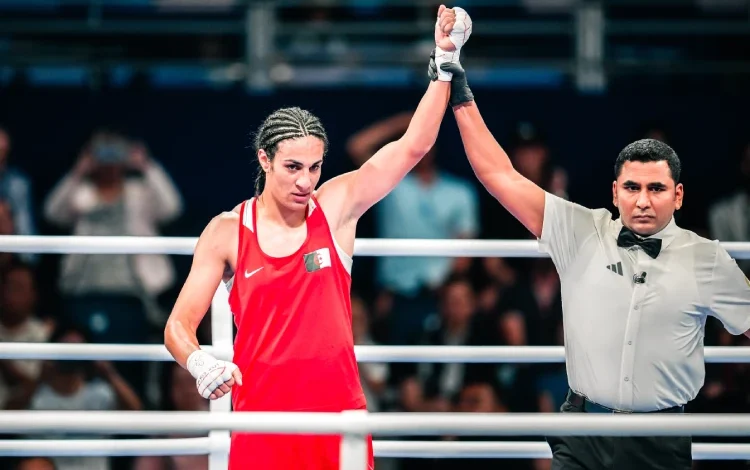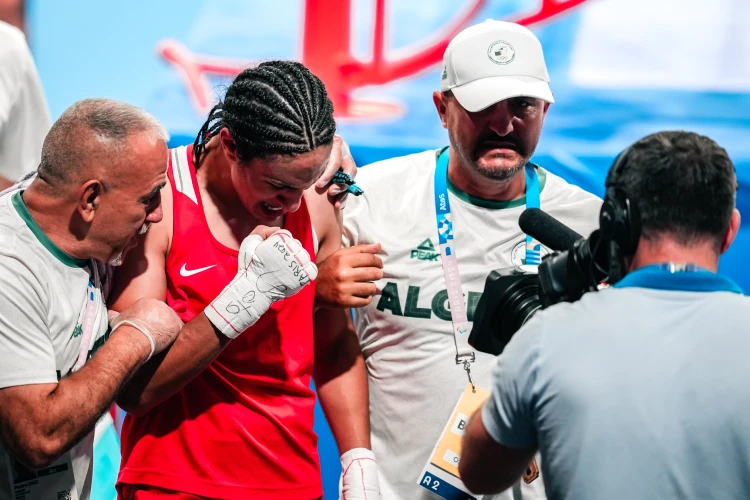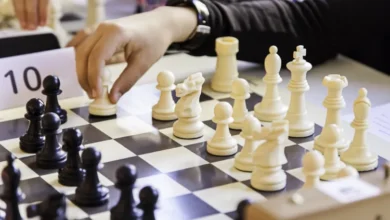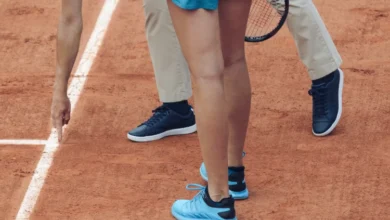
Olympic Gold Medalist Imane Khelif Ordered to Undergo Genetic Sex Testing Ahead of Eindhoven Cup
World Boxing Introduces Mandatory Verification Policy Citing Fairness in Female Divisions
Olympic welterweight champion Imane Khelif of Algeria has been instructed to undergo genetic testing to determine gender by World Boxing, the sport’s new governing authority, before participating in any upcoming events—including next month’s Eindhoven Box Cup in the Netherlands.
The announcement came Friday as part of a broader eligibility policy rollout, which now makes PCR-based genetic testing mandatory for all boxers aged 18 and over. Khelif, who won gold at the 2024 Summer Olympics in Paris, was explicitly named by the organization in its first round of enforcement.
New Policy Replaces Outgoing Body’s Rules

World Boxing has been provisionally recognized as the new authority for Olympic boxing, stepping in after the International Olympic Committee suspended the IBA due to longstanding concerns over mismanagement and governance failures.
The new eligibility framework requires athletes competing in female categories to undergo polymerase chain reaction (PCR) testing, a genetic test that identifies chromosomal sex using saliva, blood, or a cheek swab. If the results raise questions, the athlete may be subject to further medical evaluations, including hormonal assessments and anatomical reviews.
The testing process, according to the body, will be carried out by each athlete’s national federation, with results sent directly to World Boxing. The policy includes an appeals process and claims to adhere to athlete privacy standards.
Khelif’s Inclusion Highlights Renewed Scrutiny
Khelif, 26, is at the center of renewed attention after being disqualified by the IBA during the 2023 World Championships, despite meeting International Olympic Committee (IOC) standards at the time. The IBA cited an “unspecified eligibility failure,” which many believed was linked to unresolved questions about her sex classification.
Under IOC governance, Khelif was cleared to compete in Paris last year, where she delivered a commanding performance in the women’s 66 kg category, defeating China’s Yang Liu in the final. Her Olympic success came amid heightened scrutiny not only of her but also Taiwan’s Lin Yu-Ting, another disqualified fighter reinstated under IOC criteria.
Both athletes had been competing without formal dispute until the IBA raised flags post-2022, leading to calls from some national boxing federations to clarify eligibility standards—pressure that appears to have influenced World Boxing’s current policy.
Return of Chromosomal Testing Sparks Debate
World Boxing’s decision echoes World Athletics’ move earlier this year to bring back chromosomal sex verification—a method largely abandoned in the late 20th century due to its scientific limitations and ethical concerns.
The broader issue of sex classification in elite women’s sports has become a flashpoint, especially as it intersects with transgender inclusion and intersex athlete participation. Sports organizations worldwide now face the complex task of defining eligibility in a way that satisfies legal scrutiny, respects athlete rights, and maintains fairness in competition.
Unlike hormone testing, which can be influenced by medical intervention, chromosomal testing seeks to identify sex assigned at birth, though critics argue it still cannot fully account for differences in sex development (DSD) or natural testosterone variance, both of which complicate binary categorizations.
Khelif’s Next Steps Remain Unclear
As of Friday 30 May 2025, neither Khelif nor the Algerian boxing federation had issued a public statement. However, sources close to the fighter confirmed her intention to return to international competition at the Eindhoven Box Cup as part of her path to defend her Olympic title in Los Angeles.
This will be Khelif’s first major event since her Olympic win, and her inclusion will depend entirely on the outcome of the genetic screening now required under World Boxing’s rules.
Khelif’s case will likely be watched closely by athletes, legal experts, and sports administrators worldwide, as boxing joins the growing list of sports implementing stricter biological eligibility checks.
[Source]




